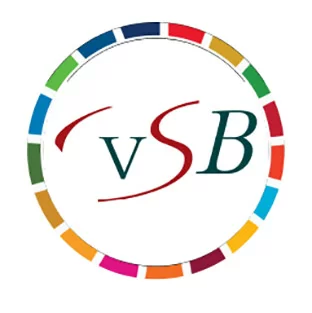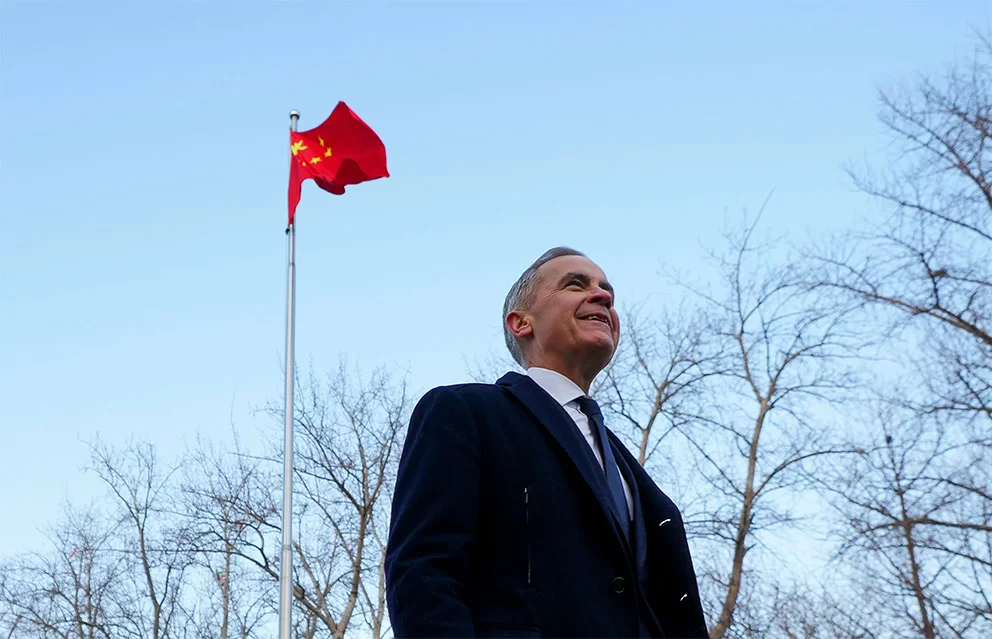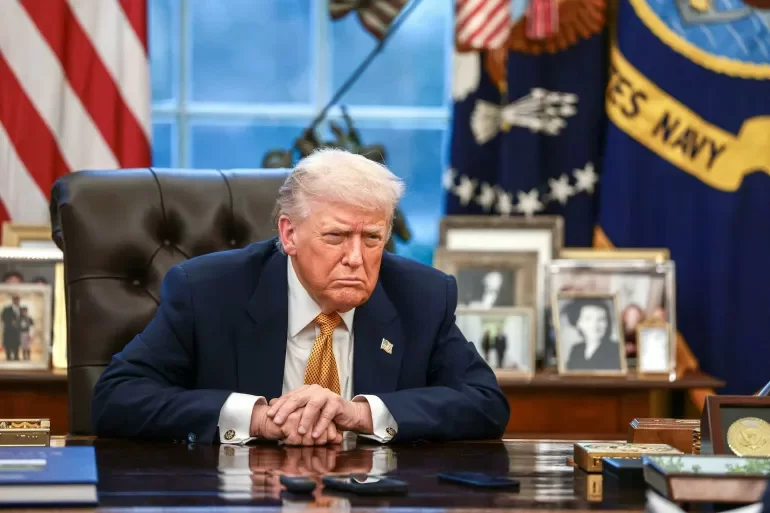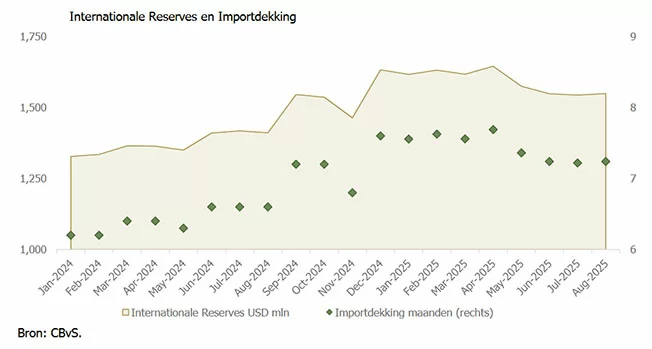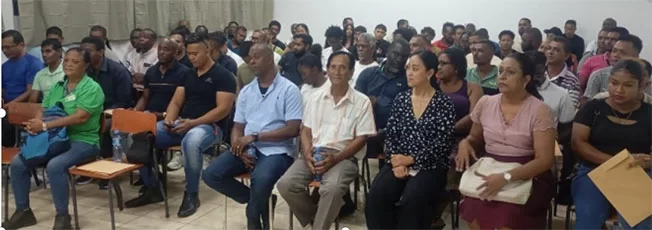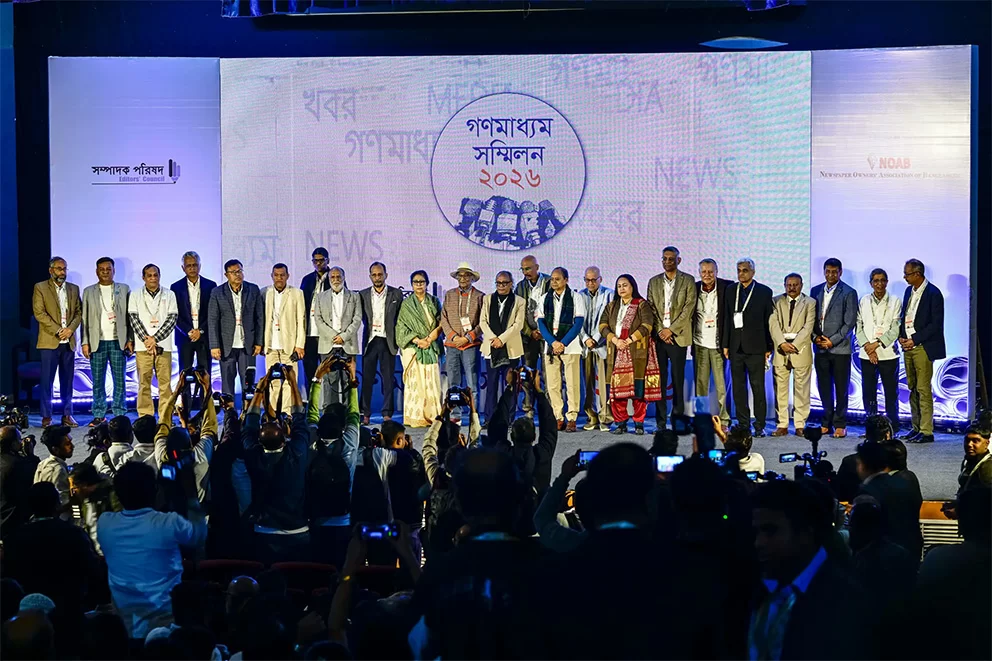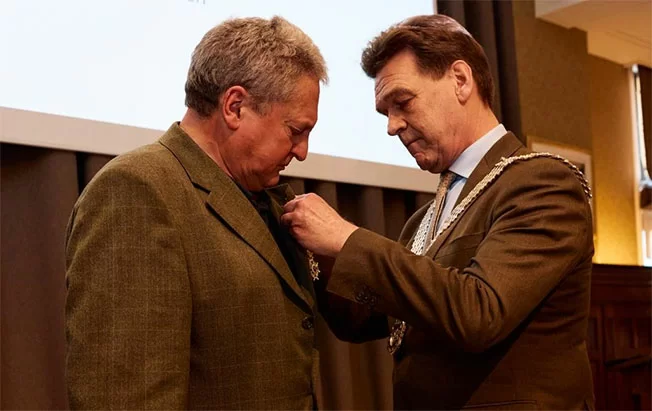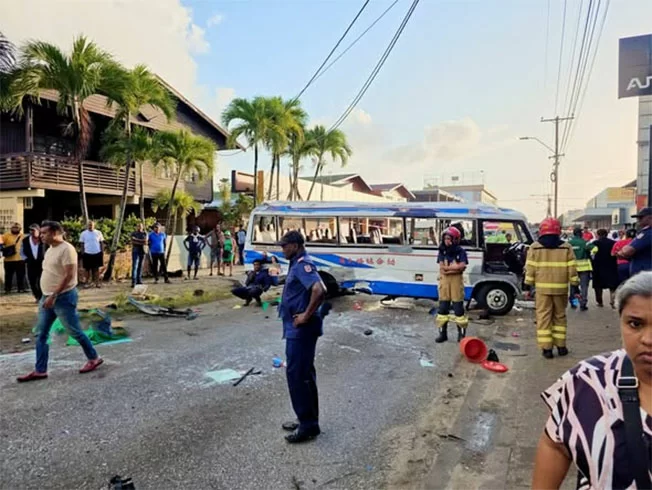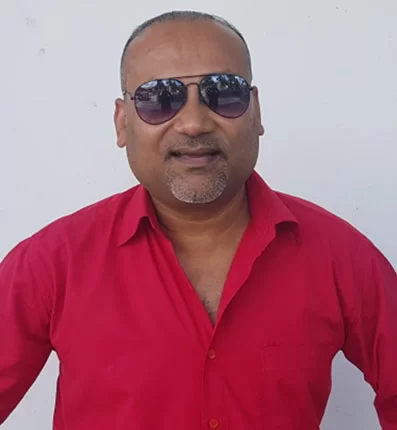Business representatives from the Suriname Trade and Industry Association (VSB) have held urgent consultations with Justice and Police Minister Harish Monorath to address the country’s worsening security crisis. The meeting was prompted by alarming reports from VSB members indicating a sharp increase in violent robberies targeting retailers, distribution companies, and other high-risk enterprises.
During the high-level discussions, VSB officials emphasized that armed robberies and violent incidents are causing substantial financial losses while simultaneously undermining Suriname’s investment climate and threatening employment stability. According to the association’s bulletin Nieuwslijn, both business owners and employees increasingly feel unsafe while conducting their professional activities.
The business association advocated for immediate, tangible security measures within a clear legal framework to enable better protection of personnel and commercial operations. VSB leadership stressed the critical importance of establishing structured collaboration between the Justice Ministry, security services, and private sector entities. Proposed solutions included developing joint action plans for specific districts and enhancing information sharing mechanisms.
Minister Monorath acknowledged the necessity of business community participation in combating criminal activities. Both parties expressed commitment to intensifying their dialogue and developing a coordinated strategy to reduce crime rates and enhance security measures for businesses and society overall. They agreed to continue discussions in the immediate future to formalize this collaborative approach.
